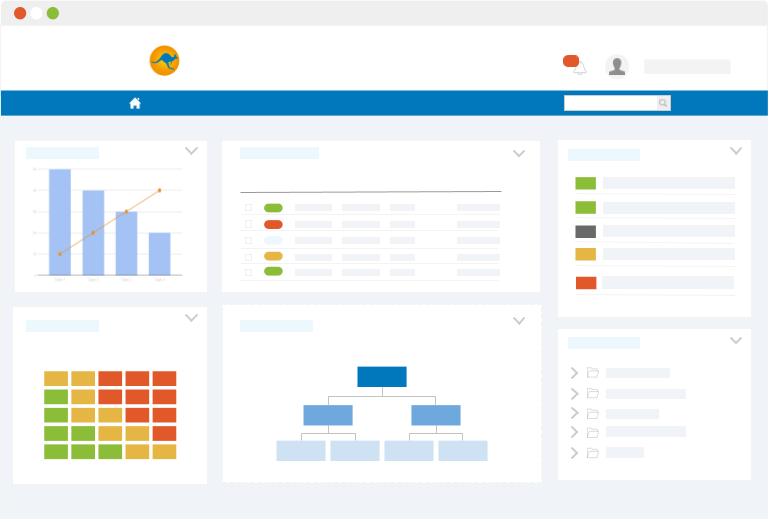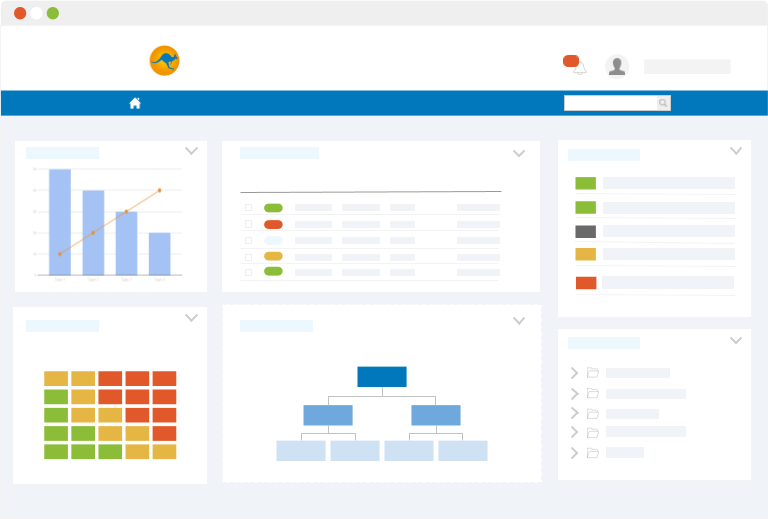What are the different types of audits?
There are various types of audits. It depends on the domain/division that is being audited, for example safety, quality, financial, environmental, etc. Each domain has its own criterias to check (e.g. regulatory compliance, workplace procedures). Also, there are internal audits and external audits. Internal audits are conducted by personnel from the same company, to verify that all the procedures are well implemented and carried out effectively. External audits are performed by external organizations (certification bodies, official authorities …) in the aim of maintaining a certification or obtaining one, checking the compliance of the carried out activities and a lot more, depending on the audited department.
Who is concerned by the audits?
All the companies, regardless of their type of activity, are subject to audit (internal or external). Some companies can be audited more frequently than others, especially the industrial activities (food industry, agriculture industry, manufacturing…). In these industries, it is the Quality and EHS department that is usually audited.
Even if the hospitality industry does not typically have a QHSE department, they have regular quality and hygiene audits. Maintaining hygiene and safety conditions is essential for the reputation of the establishment.
Why are audits in companies important?
Audits are important because, above all, it is the process of exchanging and sharing information with the employees, actions and evaluating the company’s procedures. By doing so, companies are in a constant improvement of their processes and evolving with the new regulations and laws.
Audits also ensure the implementation of good practices for the employees safety and security for example, and many other aspects to ensure the best business practices and performance. In addition, they can bring an important value for the consumer/customer security and satisfaction.
Audits are important in the process of getting a certain certification or a special permit, such as environmental permits. These certifications and permits can add important values and sometimes be important assets to the company.
Who performs audits?
An internal audit is performed by well qualified collaborators and they should have a certain expertise in the audited domain, practice or activity. It is important that the auditor(s) be impartial.
An external audit is performed by private organizations or public ones, by certification bodies or governmental authorities. It all depends on the aim of the audit or inspection. Each country has its own laws and regulations to comply with, and depending on the company’s activity, international standards can be applied. So the auditor(s) must be chosen according to their competence in the activity or activities audited.
What should I do before an audit?
When a manager or a head of division knows that their department will be audited, they have to prepare all the documents and procedures needed for the auditor(s).
They have to gather all the information needed about:
- Their compliance percentage thresholds with the standards and regulations;
- Make sure that you are in line with the new regulations (if that is the case);
- Training and accreditation of personnel are up to date;
- All the safety procedures;
- Make sure that all the procedures are carried out respectively;
- Make sure that all the corrective actions have been implemented (from previous audits)
- And all other information and data that is essential for the audit team (depending on the audited facility/department/division/activity)…
What are the audit procedures?
There are certain key steps for the audit procedures.
1- Planning: The auditor(s) gather all the data and information needed to conduct the audit and they define the audit’s framework. Information about the company (size, location, sites, activity, number of employees, working procedures, etc) are studied. The dates and duration of the audit is set depending on the information gathered and the departments to be inspected. Once all the objectives have been set, the auditor(s) can start their inspection or audit.
2- Execution: The audit can be carried out. All the necessary actions to complete the audit are taken (asking the personnel, evaluating live on-site data, exchanging and sharing information, checking the compliance, training of personnel, security and safety procedures, etc.)
3- Final report and monitoring: When the audit is completed, the auditor(s) issue(s) the final report including all their observations, analysis and recommendations. Then, the report is sent to all parties concerned. If there are anomalies and non-compliances detected, corrective actions should be taken. Another audit can be rescheduled to verify that all corrective actions and procedures are well implemented, documented and to make sure that the objectives set by the audit team are met.
A successful audit will allow the continuity and improvement of the business operations.
All these procedures, specifically the planning and execution of phases can be conducted via a checklist that can easily help you to be more organized and efficient.
Expert’s conclusion
In a company it is required and essential to perform different types of audits, with different aims, in the objective of evaluating and enhancing the company’s performance system.
To conduct a successful audit, it involves the implication of several factors, such as skills in the audited activity, the employees implications, their reactivity and investment in their work and a well prepared and documented information and data of the company.
To organize all the demanded information and data, it is essential to have an intuitive software where everything is centralized on its platform. This will allow you a fast and smooth accessibility to all the essential information to prepare or conduct an audit.
Most importantly it can be adapted and customized according to your activity and needs.
Check out our digital solution and make your own thoughts about it.







